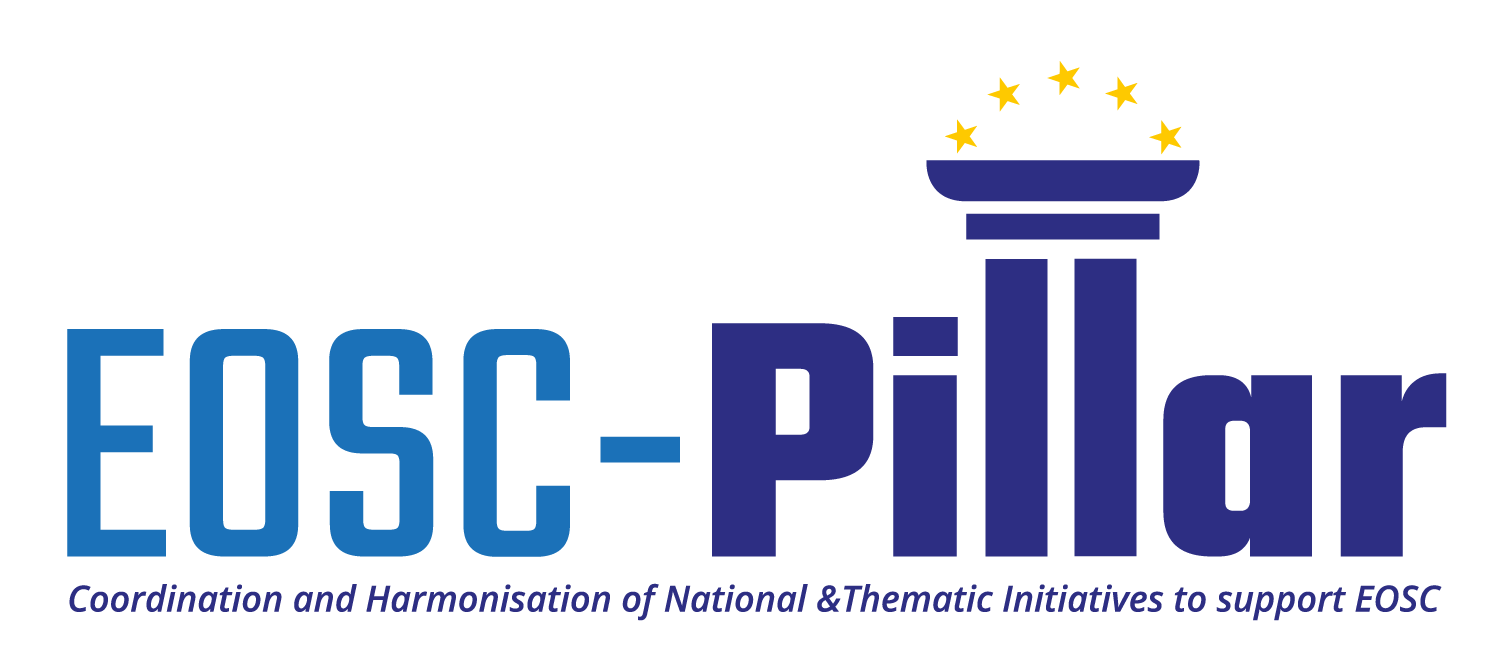
Scope and resource
Identifying the scope of research data services and stewardship activities and securing the resources to sustain these. Continually reviewing the business case considering the service value propositions, processes, and relevant costs and benefits, taking into account governance processes and timelines, and the need for cost recovery mechanisms to comply with funder requirements.











